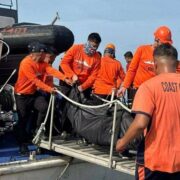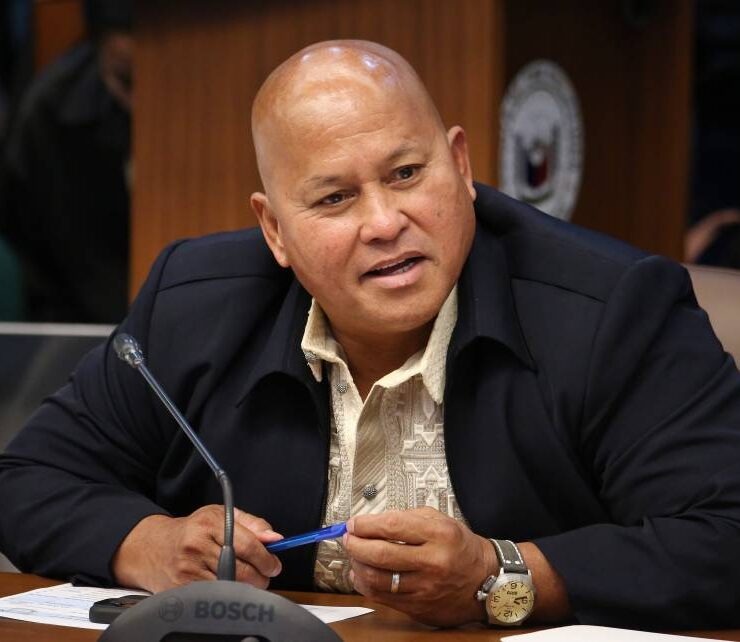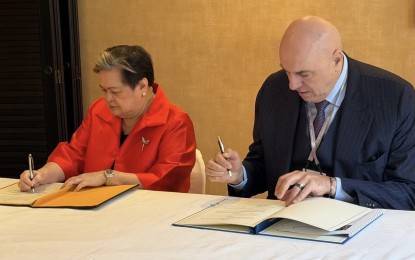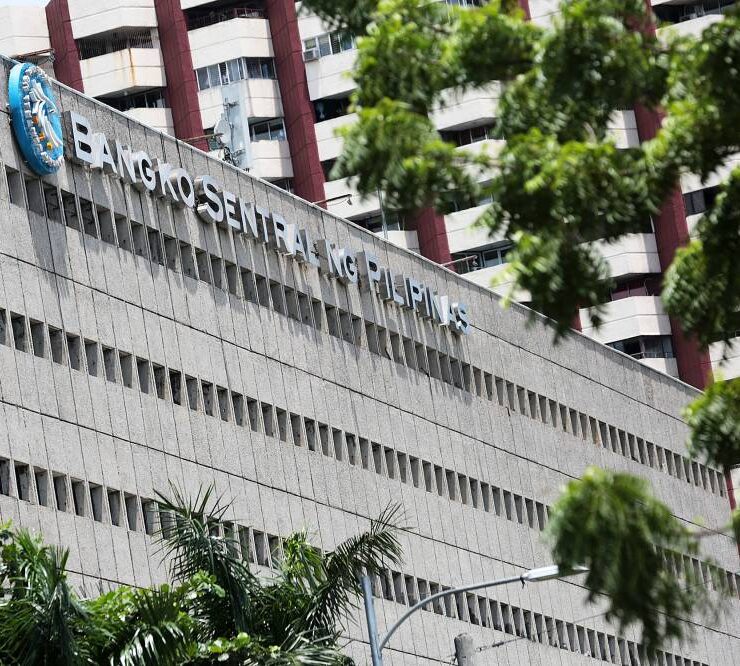Manila, Washington to finalize intel pact by yearend
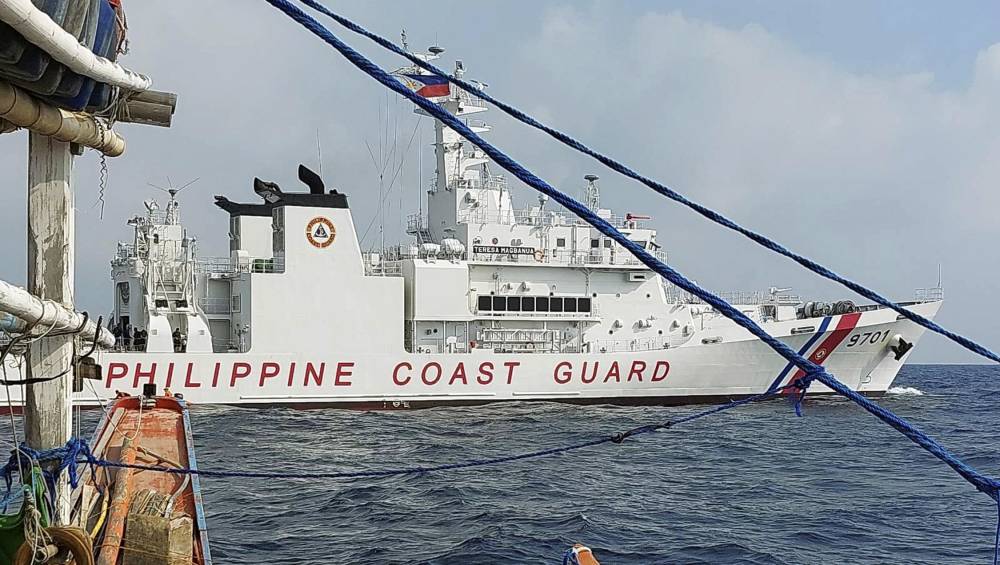
The Philippines and the United States have concluded negotiations for a crucial intelligence-sharing agreement which is expected to be finalized before the end of the year.
Negotiating panels from both countries approved in late June the final text of the General Security of Military Information Agreement (GSOMIA) which will now undergo “final legal scrubbing clearance by the principals,” a Philippine government official privy to the negotiations told the Inquirer. The official is not authorized to speak on the matter publicly.
The agreement is considered crucial in addressing shared concerns over China’s aggression in the West Philippine Sea.
Security assessment
An attached agency of the US Department of Defense will conduct in the coming weeks a security assessment of selected Philippine military facilities, one of the requirements for the formalization of the military intelligence-sharing pact, which both sides started working on in late 2021.

In preparation for this, security has been tightened across military camps nationwide in recent weeks. Among the measures taken are the acquisition of advanced surveillance systems, conduct of cybersecurity-related trainings, and imposition of stricter access controls to sensitive areas.
“The heightened security protocols are designed to safeguard classified information and critical infrastructure, ensuring that all military assets are well-protected against potential threats,” the Armed Forces of the Philippines said in June.
The GSOMIA will formalize the sharing of critical security information between the treaty allies in a timely way and form protocols for safeguarding top-secret information or technology transfer.
2 plus 2 meeting
The Philippines and the United States agreed during the Bilateral Strategic Dialogue in Washington, DC in April to conclude the pact by the end of 2024, along with the security sector assistance roadmap, which lays out the delivery of “priority defense platforms” for the Philippines over the next five to 10 years.
Top diplomatic and defense officials from both countries will have a 2 plus 2 meeting in Manila at the end of the month, according to the same government official.
The meeting between Foreign Secretary Enrique Manalo, Defense Secretary Gilberto Teodoro Jr. and their American counterparts, Secretary of State Antony Blinken and Defense Secretary Lloyd Austin III, comes following the worst confrontation between the Philippines and China in the West Philippine Sea.
During a resupply mission on June 17 to the BRP Sierra Madre in Ayungin (Second Thomas) Shoal, a Filipino sailor lost his thumb after the Chinese coast guard rammed a Philippine Navy boat. Chinese troops wielding bolos and spears also towed the Philippine boats and took the firearms of their Filipino counterparts.
The incident was so far China’s most violent attack on Filipino personnel, threatening to spark a conflict that could involve the United States.
Manila’s Mutual Defense Treaty with Washington calls for each side to come to the other’s defense in case of an armed attack.













